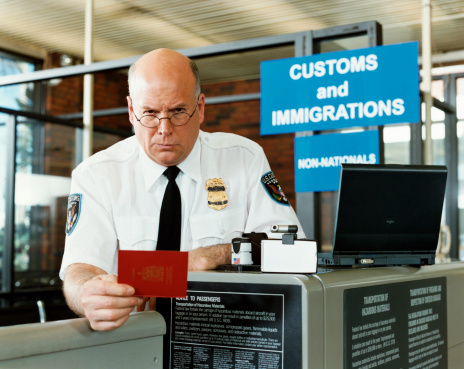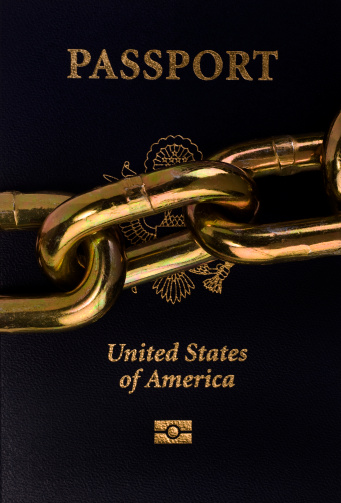The Costs of Banking Regulation
As U.S. banking regulations have increased each and every year, the costs for smaller domestic and offshore banks have made doing business with the U.S. prohibitive. These banking regulation costs have more than doubled since 2003, and are now running at about 15% of most institution’s income… essentially, a 15% tax levied on all banks doing business in the U.S. or that allow U.S. clients.
So, why are banking regulations so costly? In order to understand their obligations to the U.S. government, and avoid fines that are being handed out like candy on Halloween, banks must employ an army of lawyers to read, analyze, and then implement each and every rule that comes out.
For example, the latest banking regulation is called the Volcker Rule. It basically prohibits banks from speculative trading. In order to define what banks can and can’t do, a 71 page rule, and 900 pages of explanation, was required. Clearly, only a legal genius can figure out all of the nuances of such a convoluted law, so compliance costs associated with banking regulation go through the roof.
Then, you need to buy computer systems and hire employees to implement the new requirements. All the lawyer tells you is what to do. Now, you get to hire a team to do it. These start-up costs can be a killer for small banks. It might not be a big deal for the likes of JP Morgan to spend $3 billion of shareholder money over 3 years to implement the new regulations, but for a small local bank to spend $95 million on the same, might put them out of business.
Now, let’s say you are a small offshore bank with half of your clients coming from the United States and half from elsewhere. Under FATCA, you are required to report all transactions to the U.S., just like a U.S. bank. Also, you are required to follow money laundering and terrorist financing rules, which means any time you send a wire of more than $3,000, you must independently review it and make detailed records of where it went and why. Failure to comply will result in major fines. Failure to pay those fines will result in your being put out of business… unable to transact in USD and unable to do business with any correspondent bank.
* Obviously, these rules have very little to do with terrorists. They are targeted at U.S. citizens with unreported assets abroad and those who aren’t giving unto Uncle what is his (paying their taxes).
If you’re a smaller offshore bank, say in Belize, that wants to keep doing business with U.S. persons, then you need to find a way to cover these costs. Many have implemented account opening fees and monthly charges, which cover only about 50% of the new banking regulation costs.
At the end of the day, if a small bank is netting about $5million a year in profits, and regulations come out that increase their costs by $2 million, they can either dump their U.S. clients or increase their fees.
Why Banks in Belize are Safer than Those in the U.S.
I’ll leave you with this on banking in countries like Belize. These institutions have very strict capital requirements. They hold 20% to 50% in reserve for every transaction. This compares to just 2% to 4% for U.S. banks.
Such calculations are strict, but the cost of compliance is relatively low… the legal fees and accounting costs, not the cost of capital. Basically, banks in Belize must perform six to twelve calculations each quarter and adjust their capitalization accordingly.
Large banks in the United States basically get to self-regulate, though they must follow an incredible array of capital reserve requirements. According to one study, these rules require as many as 200 million calculations to determine capitalization.
Any model with that many calculations will leave plenty of room to game the system… which is exactly what a number of U.S. banks have been accused of doing. No one in the industry trusts the U.S. capital model, while small foreign banks have kept to a simple system that promotes security and transparency.
I hope you’ve found this post on banking regulations informative. For more information on taking your assets or business offshore, maybe to a jurisdiction such as Belize, please give me a call or send an email to info@premieroffshore.com. I’ll be happy to work with you and answer any questions you may have.











